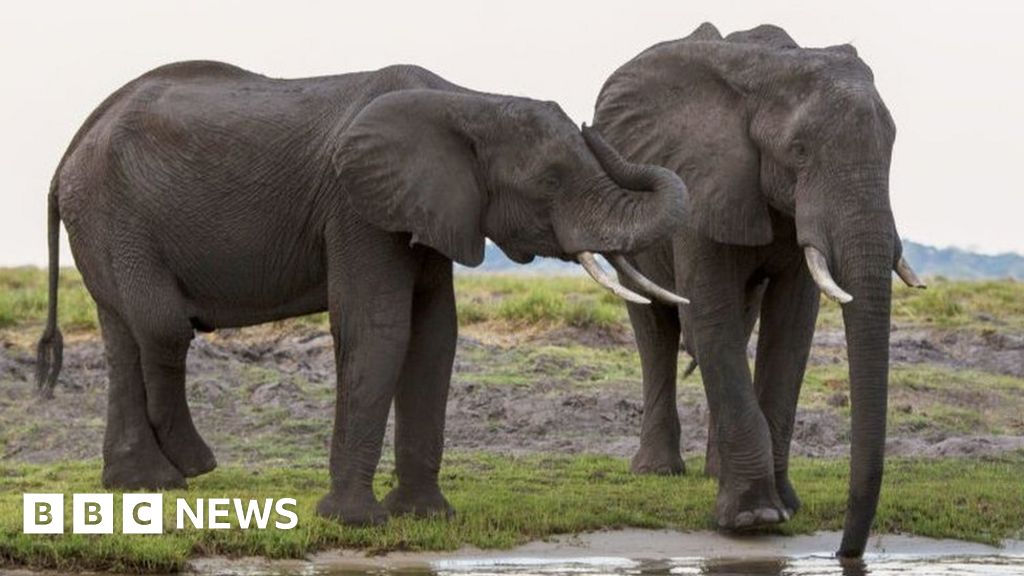Farmers Urged to Embrace Carbon Farming to Combat Climate Change

Stephen Misori
Farmers are being encouraged to embrace carbon farming to reduce the legacy load of carbon dioxide in the atmosphere. By adopting agricultural methods that promote the uptake and storage of carbon dioxide in soil, farmers can play a crucial role in mitigating climate change.
Martin Mulenga, Founder of Green Cosmos in Zambia, asserts that it is time for countries to embrace renewable energy through various technologies. He emphasizes that the carbon dioxide in the atmosphere continues to cause climate chaos.
Mulenga urges farmers to change their perspective on the role of carbon dioxide in climate change. He notes that changes to the earth’s climate are driven by increased human emissions of heat.
“The carbon dioxide sitting up there is a trillion-gold mine. It becomes the solution if we change our perspective on the way we see it. It is the building block of all life on earth if we wish to regenerate what we have destroyed,” Mulenga said.
Carbon farming counteracts mining, which is a significant threat to climate change. Traditional practices of clearing land and burning trees or coal for energy release stored carbon into the atmosphere, which should be discouraged.
Basil Okoth, CEO of the Organization for Sustainable Environmental Protection (OSEP), says that Climate Revive is part of the fast-growing carbon industry that uses various scientific environmental methods to regenerate land and 'mine' carbon dioxide into safely stored carbon.
“There is an urgent need to change land and ocean management methods, such as regenerative grazing or improved fire practices, to store carbon in our oceans, soils, and forests. The carbon either stored or avoided through these management changes can be calculated into carbon credits and traded on the market for profit,” says Okoth.
Government policies and frameworks help monitor and regulate scientific methodologies and projects to ensure integrity is maintained. The demand for carbon credits is currently at an all-time high worldwide due to net zero carbon targets.
According to Okoth, carbon farming bases an entire economy on the regeneration of nature rather than its degeneration. The ocean, he notes, contains the bulk of the world’s carbon, with 38,855 GtC (Gigatons of carbon).
“This farming flips the current model and paradigm we live in by valuing carbon as much as we do any other commodity. It enhances rates of carbon capture, increases the provision of important ecosystem services, mitigates climate change, and builds agricultural resilience,” he adds.
Scientists identify four major carbon sources: the burning of fossil fuels like coal, gas, and oil; deforestation; and volcanic eruptions. These sources can be tapped for climate change mitigation purposes.
What's Your Reaction?


















































